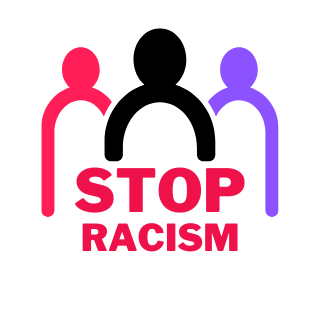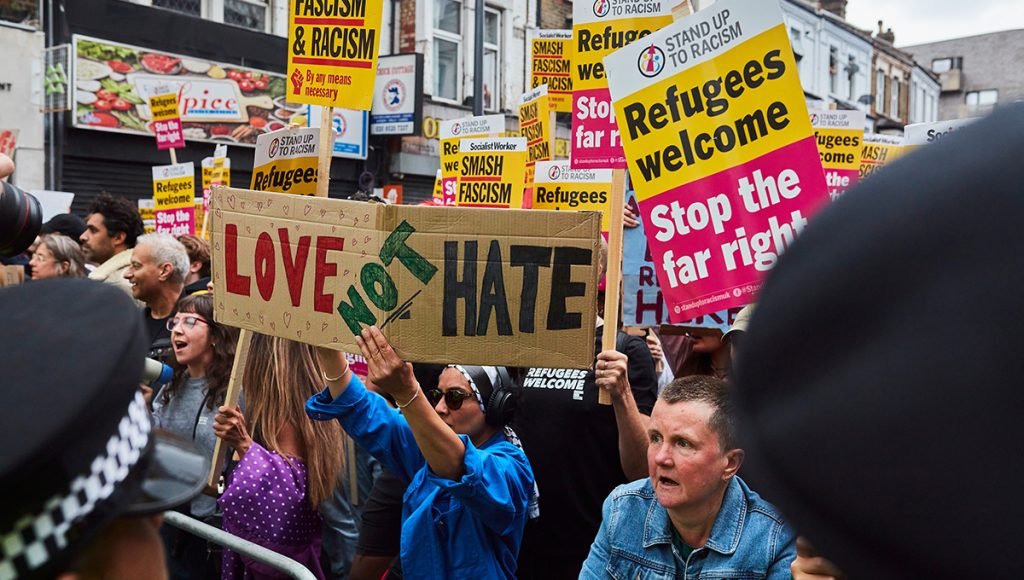The International Day for the Elimination of Racial Discrimination, observed annually on March 21, aims to raise awareness and combat racial discrimination on a global level.
“The fight against racial discrimination goes hand in hand with the fight for human rights,” says Dr. Ibrahima Guissé of the UN Committee on the Elimination of Racial Discrimination (CERD).
On March 21, 1960, police in Sharpeville, South Africa, opened fire on a peaceful protest against the apartheid regime, killing 69 people.
Forty-five years later, that day is considered not only a turning point in the struggle of Black South Africans but also a global reminder of the persistence of racial discrimination.
Racial discrimination remains a central social and political issue, both globally and nationally. The intersection between racial discrimination and the particular vulnerability of refugees and migrants is at the heart of a joint general comment currently being drafted by two UN Committees: the CERD and the Committee on Migrant Workers (CMW). The goal is to counter xenophobia against refugees and migrants.
On the occasion of the International Day for the Elimination of Racial Discrimination, the German political foundation Friedrich-Ebert-Stiftung spoke with Dr. Ibrahima Guissé, a CERD committee member, about the specific characteristics and systemic nature of racial discrimination, its current significance, and the challenges that lie ahead.
Dr. Guissé, known for his work in human rights and racial justice, emphasizes the dual dimension of racial discrimination: it is both a cause and a consequence of forced displacement, placing refugees and migrants among the most vulnerable groups.
Historical Development and Features of Racial Discrimination
Guissé explains that racial discrimination, as an ideological and social phenomenon, developed in the 19th century through early systematic attempts to define differences among human groups.
This ideology, based on the absolutization and “sanctification” of physical or cultural differences, has become an ingrained aspect of modern societies.
As racism manifests in today’s world, it reveals its complex, multidimensional nature, encompassing attitudes, beliefs, opinions, and prejudices that emerge in various forms, like stigma, hate speech, and violence, including verbal abuse and hate crimes.
Furthermore, it is characterized by the denial of identity and humanity, through the rejection or devaluation of groups perceived as different.
The International Convention on the Elimination of All Forms of Racial Discrimination defines racism as any distinction based on race, color, descent, or national origin that aims to nullify or impair human rights.
For Guissé, racial discrimination affects all areas of public life, from politics to the economy and culture, while reinforcing social inequality.
Systemic Racial Discrimination and the Responsibility of Host Countries
Regarding discrimination against refugees and migrants, Guissé stresses that it is not only individual, but also systemic.
It is reproduced through policies, procedures, and narratives embedded in the social and political fabric. He calls for legislative and policy interventions that ensure equality and protect refugees and asylum seekers.
Host countries have an international responsibility to comply with their obligations under treaties such as the Convention on the Elimination of All Forms of Racial Discrimination.
Guissé emphasizes that states must ensure refugees and asylum seekers enjoy their rights without discrimination, especially in access to housing, healthcare, and education.
The Rise of Xenophobic Movements and the Threat to Racial Justice
The rise of xenophobic and nationalist movements, Guissé warns, poses an existential threat to democratic ideals.
Xenophobic rhetoric is often portraying migrants and minorities as threats to social cohesion, exacerbates inequalities and undermines the cultural diversity of modern societies.
He stresses that democracy must be grounded in equality, justice, and human dignity, and that the struggle against racial discrimination is inseparable from the defense of human rights.
Greece, Xenophobia, and the Refugee Crisis Today
In recent years, Greece has faced increasing refugee flows, primarily from Syria, Afghanistan, and sub-Saharan Africa.
Since 2015, this situation has brought social and political challenges, including the rise of far-right parties like Golden Dawn, which have intensified hate speech against migrants and refugees.
Violent incidents, especially in island regions, and opposition to the creation of new accommodation facilities underscore the growing xenophobia.
According to the 2024 annual report by “Antigone”, thousands of migrants remain undocumented due to changes in residence permit policies, and there are gaps in healthcare access for refugees.
In 2025, Human Rights Watch reported rights violations against asylum seekers, including pushbacks and poor detention conditions.
Meanwhile, recent developments in Greek migration policy suggest a tougher stance, focusing on stricter border control and faster return procedures for those not meeting asylum criteria.
These developments underscore the urgent need to strengthen social cohesion and solidarity. The International Day for the Elimination of Racial Discrimination offers a vital opportunity for reflection and action.


Leave a Reply